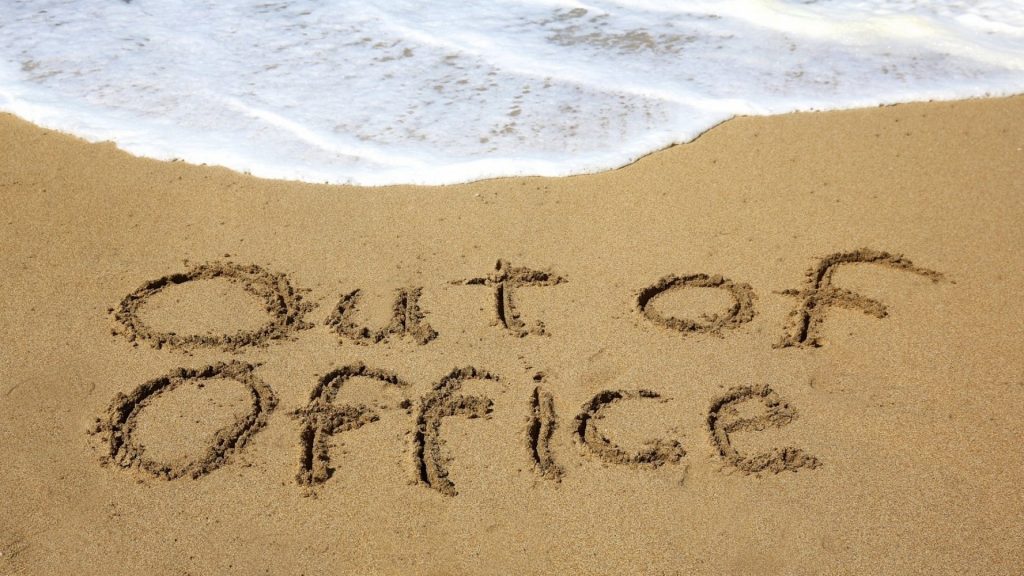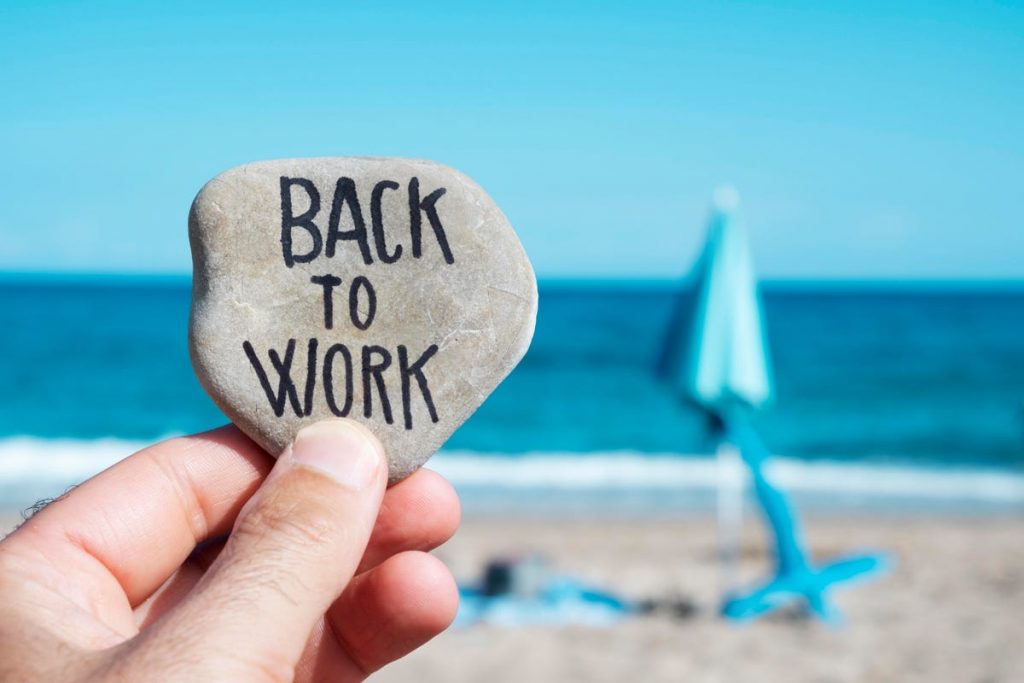Decrease stress, prioritize mental health, and get the most out of time off.

It’s not easy to take time off work especially when we are under stress to perform. Taking time off can be extra hard when it’s for mental health.
In past few years, there has been increasing awareness and chatter about taking mental health days. Near the end of May, Nadia Whittome, one of the youngest members of Britain’s Parliament, reveled she had been diagnosed with PTSD, and was going to take several weeks off under the guidance of her mental health provider.
On her website she wrote, “Through being open about my own mental health struggle, I hope that others will also feel able to talk about theirs.”
Whittome is not alone in her choice to take time away from demands to tend to her mental health needs. Teachers and healthcare workers are leaving their positions reporting burnout from the covid-19 stress.
There seems to be a wave of optimism with COVID-19 restrictions being lifted. However, there may be a second wave of COVID-19 related mental health challenges yet to come. Some of these challenges are related to post COVID adjustments. Other aspects are likely related to the prolonged experience of anxiety, depression, stress and isolation countless Americans faced over the past year.
Given the nations prolonged exposure to stress and trauma it is not surprising that many people are choosing to take time off from work. Research has supported that taking time off has some significant benefits including less stress when returning to work and a decrease in stress while taking time off.
According to a 2020 report from the Commonwealth Fund, Americans suffered more mental health consequences from the Covid-19 crisis than people in nine other high-income countries. Thirty-three percent of respondents reported experiencing stress, anxiety or major sadness that was difficult to cope with alone. These are feelings that shouldn’t be ignored. Unfortunately, taking time off of work isn’t an option for everyone, however as a nation we would likely benefit if more were granted more opportunities to prioritize mental wellbeing over personal productivity.
Make sure you check in with feelings
Taking on work tasks can use up a lot of our time in a week. Taking time off can leave some significant voids in the schedule. These voids provide an opportunity to check in with ourselves and see what if any feelings or thoughts bubble up to fill the voids. Without planned effort we can accidently fill all of the voids out of reflex. Sitting with sadness, grief, anger, fear, depression ect. can be uncomfortable however, I am going to suggest these feelings can be the jump on point to heal and grow again in life. It is pretty normal to want to avoid discomfort when taking time off. However, moving into this paradox, where we welcome what bubbles up and process it during times of break can provide a significant long term reduction in discomfort. The saying “there is never a good time” to feel these feelings probably rings true here. I mean, you finally get time off work, and I am suggesting we can benefit from looking out for bad feelings can feel so counter intuitive. However, I am suggesting that doing just this can be very powerful.
Have a plan for reentry

It is easy to hit the ground running when we return to work, things to get caught up on, and we can easily return to the same patterns. Taking some time to define new healthy behaviors can be a powerful way to continue change. It is suggested to make one behavioral change at a time. Take 2 weeks to implement each behavior. Once it is set add another one. For example, when returning to work it is easy to have a desk lunch while getting caught up on tasks and projects. However, a more adaptive behavior would be to leave the office to be outside and clear your mind or going to lunch with colleagues.
Grateful soothes Stress
In the current era this one can sound a bit burnt out. However, practicing gratitude has been found to correlate to improved relationship and happiness in those around us. After this stressful year with COVID-19, we have so much to potentially feel grateful for.
Even the suffering of the past year could be seen as a opportunity to see where we need to take better care of our own mental health. If we do not take care of ourselves, we will not be able to do our best on other tasks. Again the paradox here, some times working less lets us do more. We have to be able to take a long term approach to see the benefit. When we are stressed we are not as able to play things out as well in the long term. A great example of this is the message on air planes: “if you are traveling with small children please put your oxygen mask on first.” In the short run this can seem selfish even counter intuitive to parenting. However, if you do not put your mask on first, you will not be be able to do your best to help to others.
If you or someone you love is dealing with too much stress or having mental health difficulties call Dr. Davenport today for counseling and therapy services in Sarasota, FL 941-321-1971.


